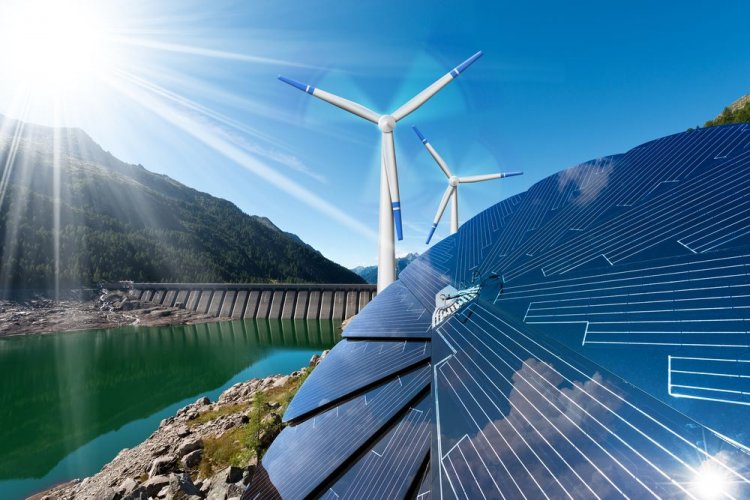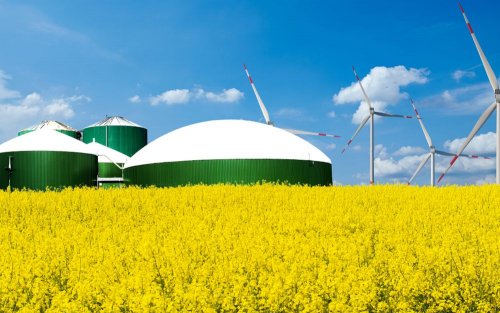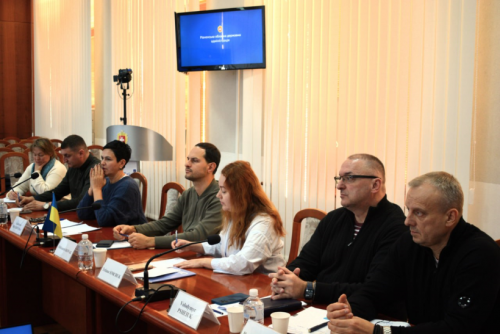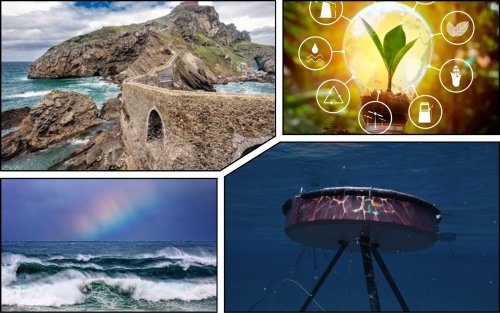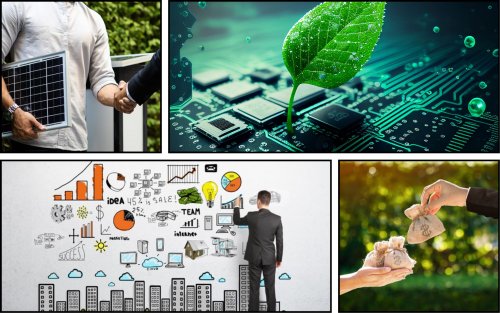The former head of the Secretariat of the Energy Cooperative, Yanez Kopach, said that the cancellation of the green tariff would be a so-called economic nuclear bomb, because previously the largest share direct foreign investment (FDI) in Ukraine was directed to the RES sector.
The post-war reconstruction of Ukraine will be based primarily on private investments, he wrote in his column on Energy reform.
Kopach explained that even before the war chronic problems with the rule of law were observed in Ukraine, and the situation worsened with the beginning of the war. So private investors will join the reconstruction of Ukraine only if the state can offer a sufficient level of legal security.
Before a full-scale invasion the volume of FDI per capita in Ukraine was less than $1,400, and in Poland this figure was almost five times greater.
In Ukraine, despite high interest rates, corruption and opaque work of the courts, high green tariffs have attracted investors since 2019.
"The new legal security was guaranteed by the mechanism of the purchase of produced electricity through the state Guaranteed Buyer in accordance with the provisions of the Law "On Alternative Energy Sources", as well as by the collection of renewable energy surcharges through the transmission system operator "Ukrenergo", which offers a guarantee of uninterrupted liquidity," writes Kopach.
Although n the current high market prices for electricity allow new investments to be made without a green tariff, but the state must fulfill existing obligations. Currently, the market value of one MWh from Ukrainian RES producers, subject to export to the EU, is four times higher than the value of the green tariff.
He also emphasized that until now there was opposition to complying with legislative obligations, led primarily by the energy regulator National Commission for State Regulation in the Spheres of Energy and Utilities, which did not include the appropriate surcharge in the transmission tariff in 2021, but the state had almost fully fulfilled its obligations by January 2022.
Military circumstances sharply reduced the liquidity of the electricity sector.
The expert noted that in March 2022, the Ministry of Energy, without any legal grounds, limited the level of settlements with RES producers to 15-16%, and also obliged the Guaranteed Buyer to direct the remaining funds to settlements with Energoatom and Ukrenergo instead of settlements with RES. Later, this norm was canceled and all the remaining funds were to go to RES. As a result, RES producers met approximately 30% of their requirements and slightly more in July.
"The National Commission for State Regulation in the Spheres of Energy and Utilities invented a special way of redistributing funds from RES producers by creatively charging fines for imbalances, so RES producers are to blame if the "Guaranteed Buyer" does not sell the electricity produced by them on the market. And sometimes not even half of the volume is sold," he informs.
In addition, National Commission for State Regulation in the Spheres of Energy and Utilities set an artificially low exchange rate for users of the green tariff, despite the fact that they must repay their bank loans in foreign currency.
He noted that such a decision, which is completely against the law, has reduced payments under the green tariff by at least five times.
The expert also emphasized that Ukrenergo stopped paying the Guaranteed Buyer for RES producers despite the obligations and the availability of sufficient funds from the transmission tariff, EBRD and EIB loans and profitable electricity exports, which the EU allowed as assistance in the liquidity situation in the electric power sector. sector of Ukraine.
Kopach noted that the reason for the lack of payments is the desire to save funds for financing inefficient state power plants for the purchase of coal. Next, Ukrenergo buys RES load reduction services with support, but does not pay for them.
Also, the head of the National Commission for State Regulation in the Spheres of Energy and Utilities Kostyantyn Uschapovsky recently started talking about the initiative to cancel the green tariff during martial law due to a lack of funds.
"Canceling the green tariff would be a so-called economic nuclear bomb, the expert emphasized. – Ukraine should think about how to attract FDI, as it is and most likely will be the riskiest economy in Europe, and everyone will be watching what happened to the most important portfolio of foreign investments. The current hostile environment for FDI is likely to attract only very risk-averse foreign investors in search of subsidies in the future.”
RES producers can still sue the state to collect their unpaid green tariff, now or after the war, even if they go bankrupt.
Earlier, EcoPolitic wrote, that own research of the Association of Solar Energy of Ukraine showed that in Ukraine due to russian aggression more than 550 MW were damaged or destroyed solar power plants and domestic SPPs.
As EcoPolitic previously reported, President of Ukraine Volodymyr Zelenskyy called on French entrepreneurs to cooperation in water and green energy industry

